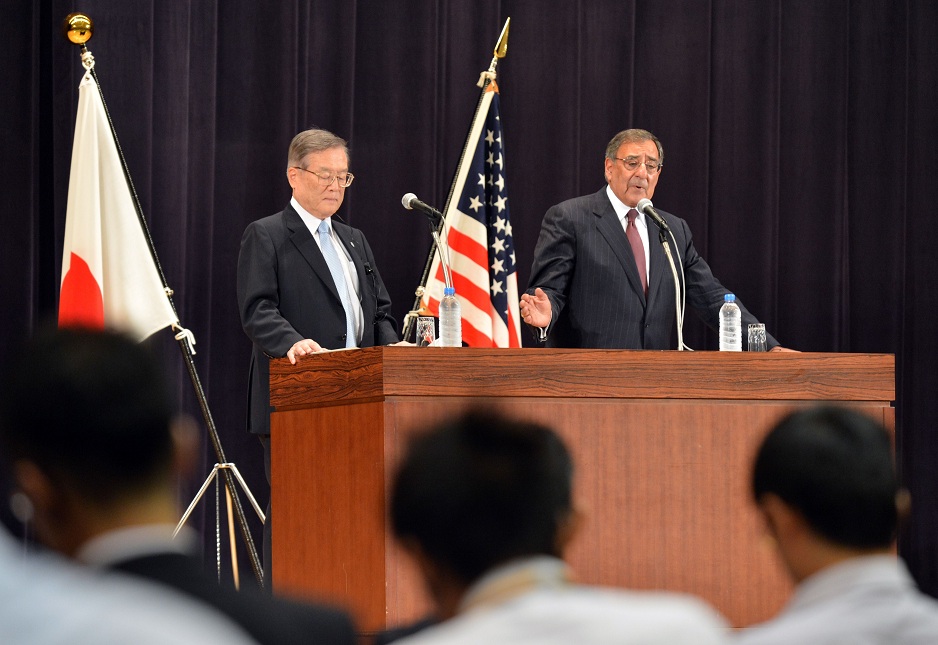Answers to the secondary school thanaweya amma calculus exams circulated on several social media sites early Sunday morning as thanaweya amma students were taking the exam.
The Ministry of Education denied the leak of the calculus exam and warned parents and students not to trust the information circulated through social media outlets, according to the state-run Akhbar Al-Youm.
Alleged answers to the aforementioned exam were leaked through a Facebook page named Bel Ghesh Etgma’na (through cheating…we are gathered). The answers were leaked directly after the exam started. Students left comments on the page criticising the administrator for leaking answers during the exam and not before it.
Other comments asked the administrators to provide clearer answers to the questions mentioned in the exam.
Following the exam, several students complained about the difficulty of the exam due to the existence of questions requiring long answers, according to Al-Akhbar.
Over 20 people have been arrested on charges of leaking exams on the internet since the start of the exams earlier this month. The arrests came as part of a crackdown on exam fraud.
The thanaweya amma exam leaks have put the Ministry of Education under increasing pressure, raising more and more questions about Egypt’s education system, which many are calling to change.
Members of parliament have held Minister of Education El-Helaly El-Sherbiny directly responsible for the leaks and have called for his resignation and for him to be summoned for questioning.
The minister then went to a questioning before the parliament to defend his ministry saying that Twenty-six online sites threatened to leak thanaweya amma secondary school exams before they commenced, said Education Minister El-Helaly El-Sherbiny during a meeting with the parliamentary education committee on Saturday.
El-Sherbiny said these websites were earlier monitored by the Ministry of Education.
The minister said studies were carried out to prevent electronic exam leaks, and he requested that the government suspended internet services for an hour before and after scheduled exams.
Regional problem
In a move that mirrors El-Sherbiny’s suggestion to control the leaks by cutting-off internet services, Algeria decided to block social media outlets Facebook and Twitter following a similar exam leak scandal that resulted in a redistribution of exams to nearly 400,000 students in Algeria, according to state-run Algeria Press Service (APS).
The massive leak of secondary school exams in Algeria has been a huge political scandal, resulting in the detention of dozens of professors and other suspects.
Last week, El-Sherbiny, when summoned to the parliament’s education committee for questioning over the recent exam leaks, said that the ministry had specifically “asked that internet services be suspended for an hour before and after exams”, before finding out that these measures would be “illegal”. The ministry then suggested jamming communications inside schools for certain times of the day, but that would cost EGP 150m, according to Al-Akhbar.
Following these statements and in clear contradiction to the aforementioned statements, Beshir Hassan, spokesperson for the Ministry of Education, denied last Sunday that the minister proposed any plans for the suspension of internet services.
Calls for suspending internet services was one of the suggestions made to the ministry, but not an initiative taken by the ministry itself, Hassan told media outlets.


